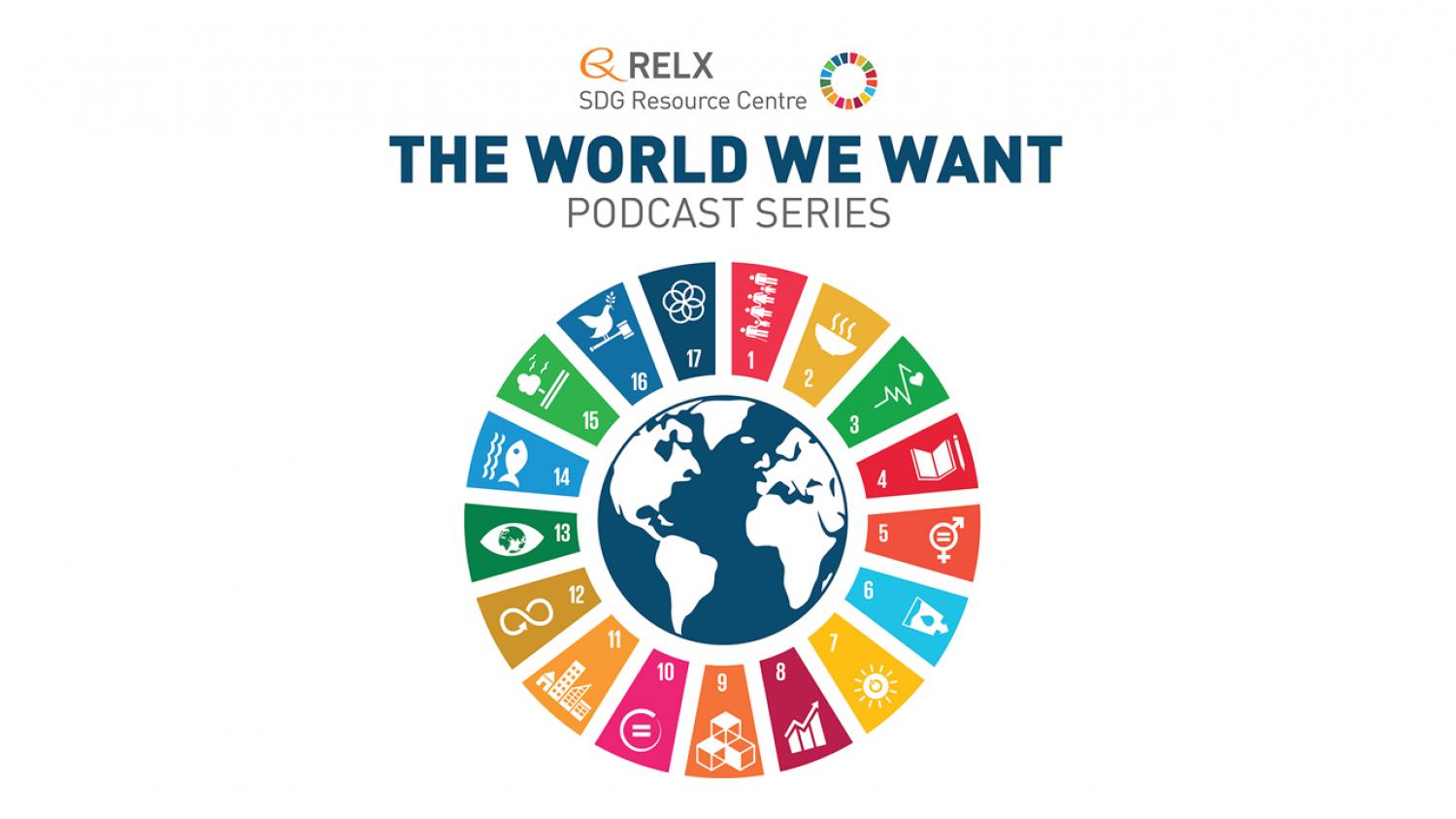The UN High-level Political Forum on Sustainable Development (HLPF) will hold its 14th session in July 2026. Convened under the auspices of the UN Economic and Social Council (ECOSOC), the Forum will take place from Monday, 6 July, to Thursday, 16 July 2025, including a three-day ministerial segment from Monday, 13 July, to Thursday, 16 July.
The rapid expansion of data centres is fuelling an urgent need for sustainable energy solutions. As demand for cloud computing and AI accelerates, investors, developers, operators, hyperscalers, and end users must find ways to minimise carbon footprints while ensuring reliable, efficient power. But what are the most viable pathways forward?
Hear from guests: Michel Abi Saab, General Manager, Emerge Sujit Nair, Director of Product, Moro Hub Rob Jones, Partner, B2BConnect (Moderator)
Bringing together industry leaders, innovators and global thinkers, Future Energy Insights by the World Future Energy Summit takes an in-depth look at renewable energy and sustainability. Featuring lively debate and passionate discussion, the series covers six core topics: clean energy, water scarcity, smart cities, circular economies, waste management and climate change. It shines a spotlight on the critical issues and major gamechangers shaping the sector today.
World Future Energy Summit and the RELX SDG Resource Centre have announced a new partnership to support sustainability innovation and knowledge-sharing across industries.
The RELX SDG Resource Centre will act as a “Knowledge for Sustainability” Partner to World Future Energy Summit, leveraging RELX’s data, insights and analytics to support evidence-based solutions for the energy transition and sustainable development.
Drawing on insights from the United Nations 10-Member Group on Science, Technology, and Innovation for the SDGs, Beyond 2030 reviews the framework’s achievements to date and delivers critical insights into how the SDGs can guide global cooperation and decisive local action well beyond 2030.
Observed annually on December 9, International Anti-Corruption Day (IACD) raises global awareness of the urgent need to fight corruption and promote integrity, accountability, and transparency. In 2026, the campaign “Uniting with Youth Against Corruption: Shaping Tomorrow’s Integrity” spotlights the role of young people as key advocates for justice and good governance.








